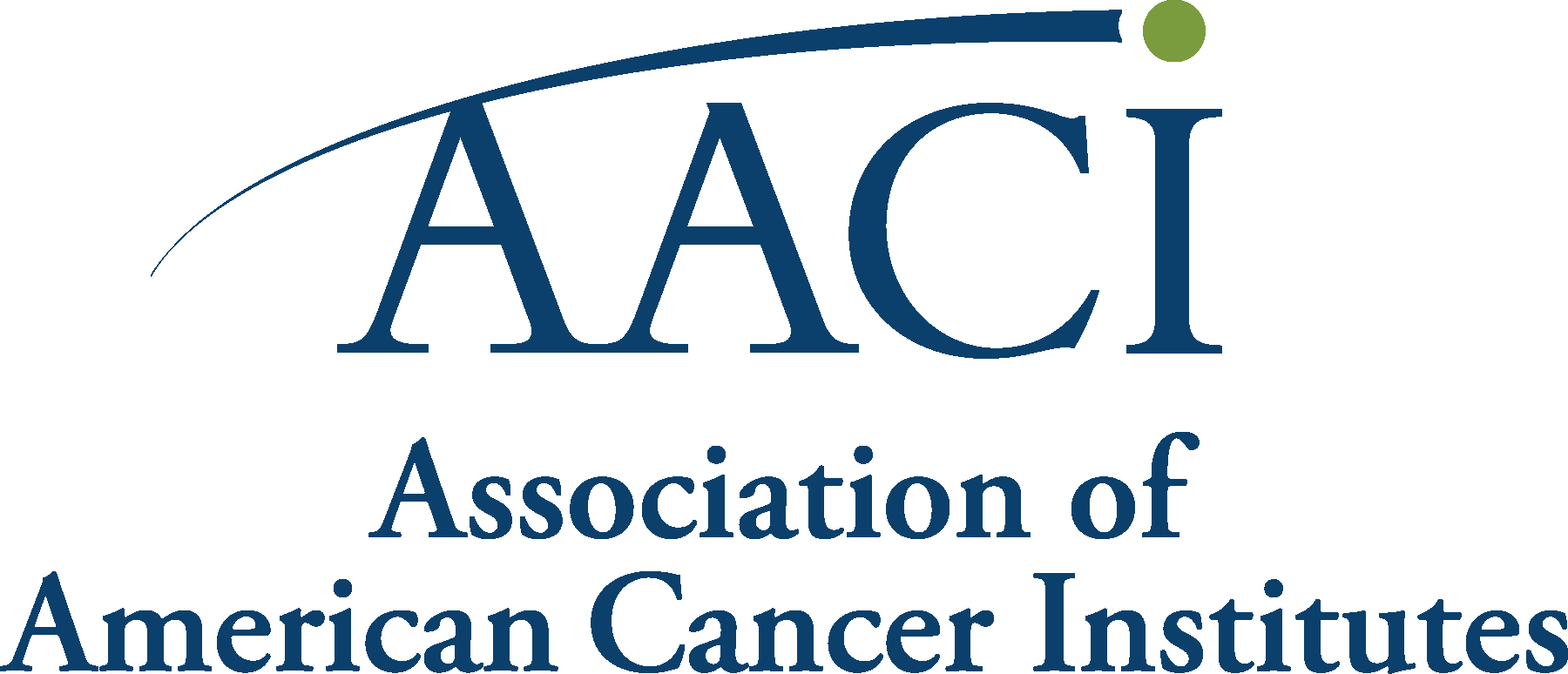Newswise — At an event today, President Joe Biden announced a relaunch of the White House Cancer Moonshot. The new “long-form” moonshot takes a more measured approach to the president’s goal to “end cancer as we know it” by cutting the cancer death rate in half within 25 years.
To implement the plan, the administration will convene a “cancer cabinet” of government officials. Goals include urging Americans to get routine cancer screenings back on track; bolstering cancer prevention, detection, and treatment; improving the experiences of cancer patients, survivors, and caregivers; and addressing disparities in cancer outcomes.
President Biden was introduced by Edjah K. Nduom, MD, FAANS, a neurosurgical oncologist at Emory University’s Winship Cancer Institute, an AACI member. In his remarks the president pledged to tackle cancer disparities based on gender, race, zip code, sexual preference, and other measures, and to confront inequities in prevention, detection, treatment, and access to cancer therapeutics and clinical trials. He also repeatedly called on the scientific and medical communities to cooperate and share research data to develop new cancer diagnostics and treatments more quickly.
“AACI strongly supports President Biden’s renewed commitment to accelerating progress against cancer,” said AACI Executive Director Jennifer W. Pegher, who attended the White House event. “We are particularly pleased that the Biden administration shares so many priorities with our member cancer centers, including improved cancer screening, the mitigation of cancer disparities, and collaboration with the greater cancer research community.”
Cancer is a deeply personal issue for the president and First Lady Dr. Jill Biden, whose son Beau died of glioblastoma in 2015 at age 46. President Barack Obama launched the Cancer Moonshot initiative during his last year in office, tapping then-Vice President Biden to lead the effort.
Since 2016, AACI has played a key role in contributing to the federal government’s efforts to eradicate cancer. Forty AACI cancer centers hosted regional Cancer Moonshot summits in 25 states, and AACI submitted a whitepaper to the Moonshot office, highlighting the readiness of AACI centers to deliver high-quality cancer care, including expanding access to clinical trials. During the event, President Biden called on Congress to support the Advanced Research Projects Agency for Health (ARPA-H), a $6.5 billion proposed agency would speed research to prevent, treat, and even cure cancer and other challenging diseases. Though the new moonshot initiative does not call for additional funding, it is anticipated to receive strong bipartisan support.
“AACI applauds the Biden administration for reigniting the Cancer Moonshot initiative,” said AACI President Caryn Lerman, PhD, director of USC Norris Comprehensive Cancer Center. “But as those of us in the cancer community know, funding is key to accelerating progress. Our hope is that the renewed focus on cancer will ensure a robust, long-term investment in research—including regular increases to the National Cancer Institute payline— to support scientific discovery and save lives.”
###
AACI’s mission is to accelerate progress against cancer by enhancing the impact of North America’s leading academic cancer centers. For more information, please visit aaci-cancer.org.
